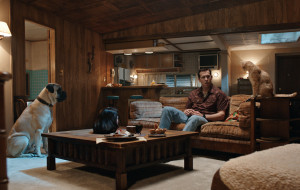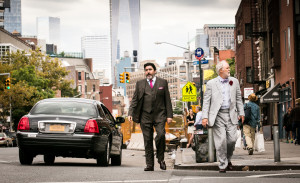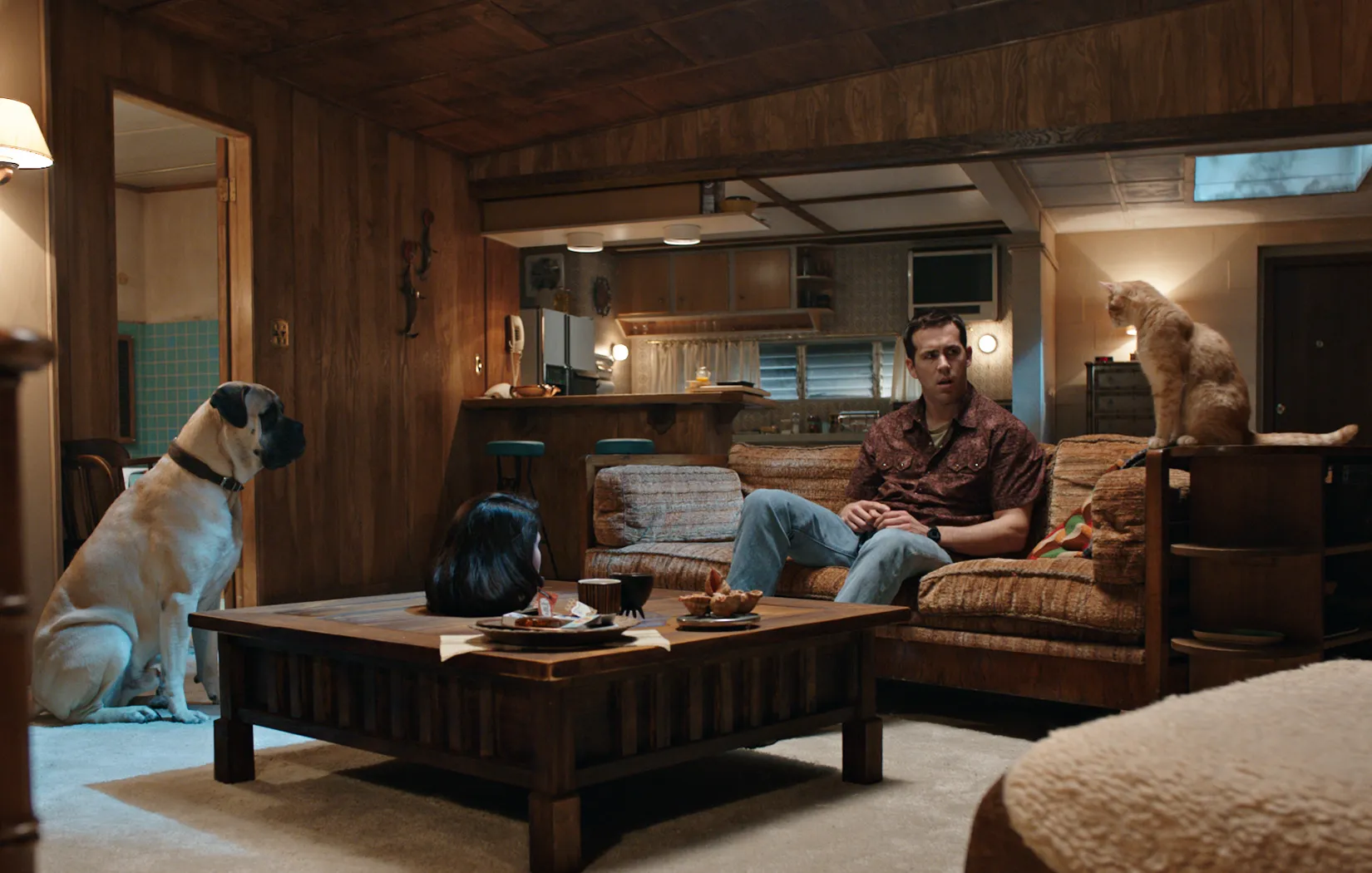The Daily’s Arts Editor, Alexandra Heeney, gives us the rundown on some of best flicks this year at Sundance. From a whimsical comedy with talking animals and Ryan Reynolds to an indie-pop musical written and directed by the lead singer of Belle and Sebastian, Sundance provided quite the array of cinematic treats.
“The Voices”

In Marjane Satrapi’s black comedy, “The Voices,” Ryan Reynolds plays Jerry, an affable, if troubled, man who is convinced his cat – with a Scottish pottymouth – and his dog – with a charming drawl – speak to him. His crush on the office hottie, Fiona (Gemma Arterton) leads him to try to get her out on a date with him, on which he accidentally stabs her, becomes convinced that she’s told him to end the suffering he’s thus caused, and so he kills her, in what’s an oddly amusing turn. Things get gruesome, strange, and eerily funny from here: Fiona’s head starts to live in his fridge and beg for him to find her a friend (Anna Kendrick), while his therapist encourages him to take his pills so he won’t hear voices. Unable to cope with the reality the pills make him face, he descends deeper and deeper into his delusions. Shooting from Jerry’s perspective, Satrapi creates a small-town world in bright colours full of old-time charm, giving the film it’s breezy humour without derogating his mental illness since we’re always inside his optimistic brain. Reynolds hasn’t been this charming since “Definitely, Maybe.” And perhaps most impressively, he does a darn good job voicing his pets, and even singing.
“God Help the Girl”
The music in the indie pop musical “God Help the Girl” written by its first-time director, Stuart Murdoch, the frontman of Belle and Sebastian, is good, but it’s not unforgettable like an Irving Berlin tune, which makes the barely existent plot less easily forgivable. It centers around Eve (Emily Browning) who has an eating disorder but spends most of the film galavanting around Glasgow in a myriad of adorable outfits straight from the thrift store, avoiding the mental institution she escaped from, and forming a band with gawky James (Olly Alexander) and spacey Cass (Hannah Murray). The first twenty minutes of the film showed promise, where James had some witty one-liners in the style of Josh Thomas, but even a few more of those were not enough to tie together a movie that is essentially a two-hour music video with flat characters. Although most of the song-and-dance numbers are directed with visual panache and wit, the fact that Eve never develops into anything more than a vague manic-pixie-dream-girl leaves the film too inchoate. It has no business being over seventy minutes, and the rough characters have barely earned that.
“Hellion”
The problems with “Hellion” were clear in the first scene: the handheld camera is so shaky it looks like it was operated by a five-year-old, and there’s headache-inducingly loud metal music in the background when the kids are engaging in testosterone-induced vandalism to drive home this obvious point. Much of Kat Candler’s directing here is amateurish at best. Yet the film does have its moments, especially the tenderness between father and sons. Jacob (Josh Wiggins) is a troubled thirteen-year-old who lands himself in almost-juvie within the first five minutes of the film. But his bad behaviour doesn’t happen in a vacuum: his father is largely absent, still consumed with grief from the passing of his wife, the mother of his children. It’s not long before child protective services get wind that things aren’t all well in the household, and they send Jacob’s younger brother, Wes (Deke Garner), to live with his aunt. Even in the wake of losing his son, their father (Aaron Paul) still can’t get his act together, leaving Jacob feeling responsible for his brother, and carrying out a contrived plot involving a literal Chekhov’s gun.
“Love is Strange”

When Ben (John Lithgow) and George (Alfred Molina) decide to tie the knot after thirty-nine years together, George loses his job at the Catholic School because of it. Soon they find themselves in dire financial straits – it’s not easy to find another job as a music teacher in Manhattan and Ben is already retired – forcing them to move out of their apartment, and trespass on their friends’ hospitality while they find an affordable permanent home. Ben stays with his nephew’s family, sharing a bunk bed with their teenage son who doesn’t appreciate the intrusion on his privacy, and unintentionally pestering his nephew’s wife (Marissa Tomei) in the day, who needs quiet at home to work. George stays with their downstairs neighbours, a couple of young gay cops who like to party and feels out of place. Writer-director Ira Sachs handles their uprooting with maturity and thoughtfulness, accurately depicting the difficulties of being and having a long-term guest and the strain on Ben and George’s relationship caused by the separation. Nevertheless, it’s hard to believe that these seemingly mature and level-headed men would have allowed themselves to get into this situation. Why don’t they have any savings? And considering that none of their Manhattan friends have a spare room, would they really not have been better up taking up with Ben’s sister in Poughkeepsie so they could be spared the separation and strained friendships?
